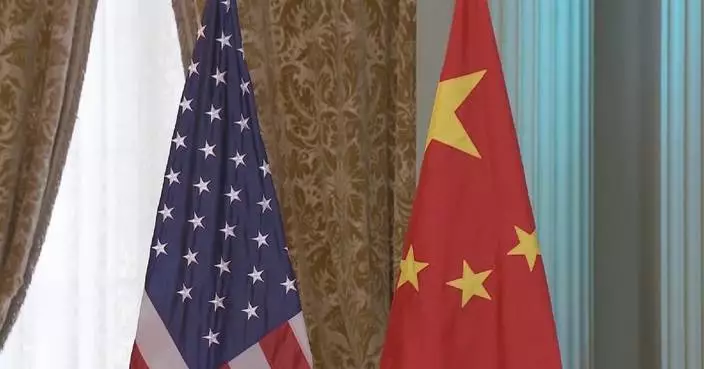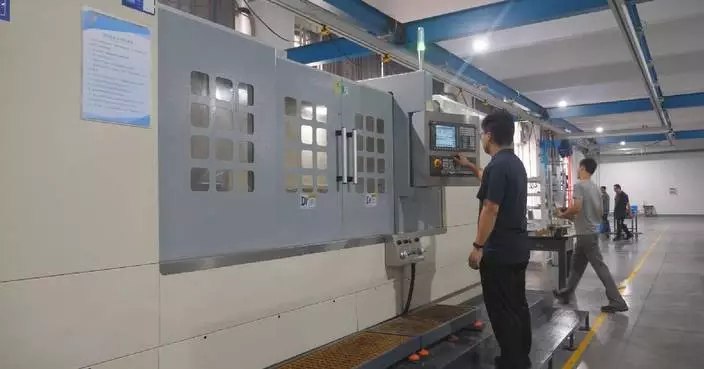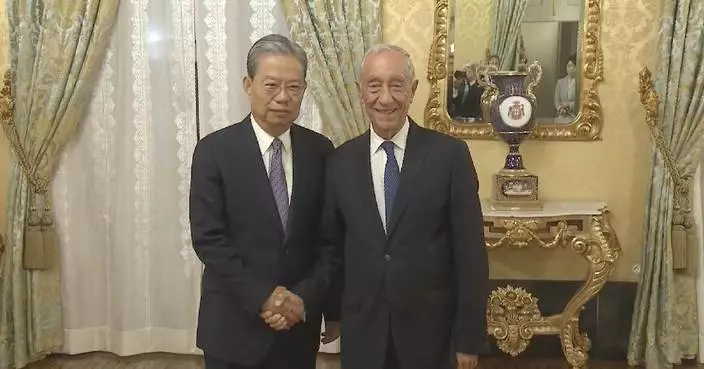Chinese President Xi Jinping's state visits to Peru and Brazil have yielded significant accomplishments, according to Foreign Minister Wang Yi.
From November 13 to 23, President Xi participated in the 31st APEC Economic Leaders' Meeting, paid a state visit to Peru, attended the 19th G20 Summit, and paid a state visit to Brazil.
The Chinese president and his Peruvian counterpart, Dina Boluarte, attended the inauguration ceremony of Chancay Port by video link at the Presidential Palace in Lima on Nov. 14.
Chancay Port is South America's first smart and green port, said Wang, also a member of the Political Bureau of the Communist Party of China Central Committee, noting that once completed, the port will generate significant revenue for Peru and help establish a new Asia-Latin America land-sea corridor with Chancay Port as its starting point.
"The first stop was Peru, and it can be said that the results were very fruitful. What impressed us most was the opening of Chancay Port, a grand ceremony that attracted great attention from the international community. The significance of the port goes beyond the bilateral relations between China and Peru -- it indicates that the Asia-Latin America land-sea corridor has begun to materialize," Wang said.
The signing of a protocol to upgrade the bilateral free trade agreement is another key highlight, demonstrating China and Peru's commitment to advancing trade and investment facilitation through concrete actions, said Wang.
On Nov. 20, President Xi held talks with Brazilian President Luiz Inacio Lula da Silva in Brasilia. The two leaders jointly announced to elevate China-Brazil ties to a China-Brazil community with a shared future for a more just world and a more sustainable planet.
"The most important achievement was the upgraded positioning of China-Brazil relations. China and Brazil are already in a comprehensive strategic partnership, but as two large developing countries and representatives of emerging economies, we need to further shoulder international responsibilities and contribute to the peaceful development of mankind. After consultations, it was agreed that the two leaders would sign an important statement on jointly building the China-Brazil community with a shared future for a more just world and a more sustainable planet," Wang said.
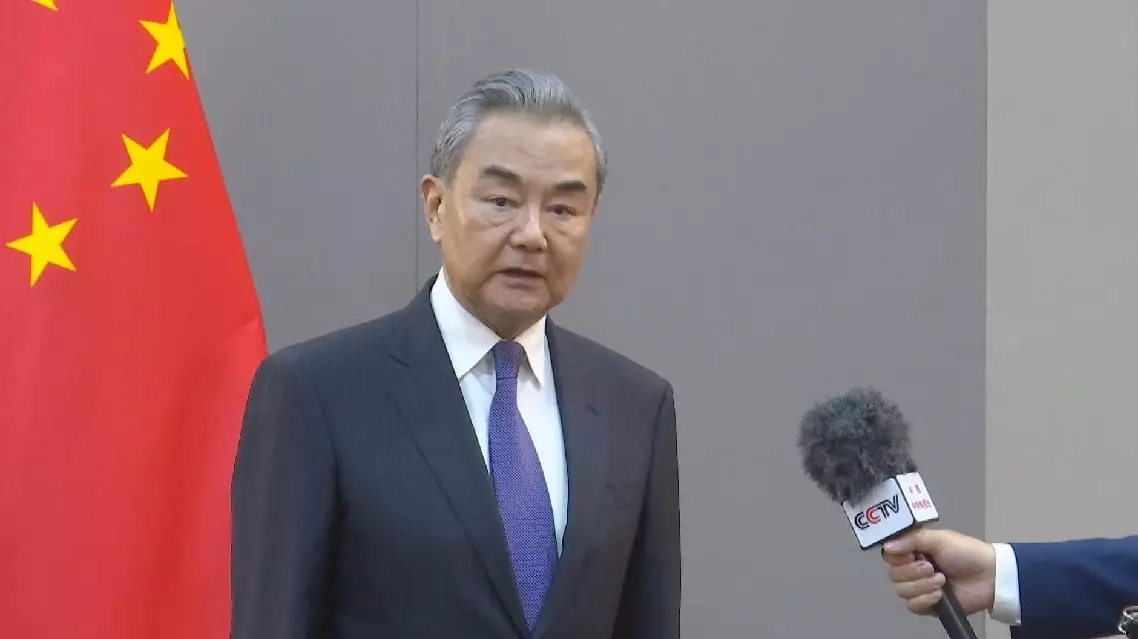
Xi's state visits to Peru, Brazil yield significant accomplishments: Chinese FM
A growing number of global tourists are flocking to China for trips, as the country continues to expand its visa-free policy to more countries in Asia and Europe.
China has decided to expand the visa-free policy to ordinary passport holders from Slovakia, Norway, Finland, Denmark, Iceland, Andorra, Monaco, Liechtenstein, and the Republic of Korea on a trial basis, the Ministry of Foreign Affairs said on November 1.
From November 8, 2024, through December 31, 2025, travelers from these nine countries are exempt from visas to enter China and can stay for no more than 15 days for business, tourism, family visits, and transit purposes, the ministry added.
Yanji Chaoyangchuan International Airport in northeast China's Jilin Province, one of the main entry points for South Korean travelers to China, has witnessed a significant increase in passenger flow following the implementation of the policy.
Since November 8, the number of South Korean tourists entering China through this port has surged, showing a remarkable 90 percent growth compared to the same period last year.
"[Previously,] because of the visa, it would take a lot of time and cost a lot [to come to China]. While now, China's visa-free policy covers South Korea, so we can come freely, which is particularly convenient and pretty good," said a South Korean tourist.
Following its inclusion in China's visa-free policy, South Korea has seen a sharp increase in travel bookings to China. According to a report by South Korea's Aju Business Daily, during the period from November 1 to 5, reservations for group tours to China on a major South Korean travel e-commerce platform jumped by 91 percent year on year.
South Korean airlines are also actively expanding their China routes to meet the rising demand. Asiana Airlines, for instance, has increased the frequency of its Incheon-Beijing route from 14 flights per week to 20.
The Ministry of Foreign Affairs on Friday announced that China will further expand the scope of its visa-free policy to facilitate exchanges between Chinese and foreign nationals.
From November 30, 2024 to December 31, 2025, travelers holding ordinary passports from Bulgaria, Romania, Croatia, Montenegro, North Macedonia, Malta, Estonia, Latvia and Japan will be granted visa-free entry on a trial basis, according to the ministry.
In addition, China has decided to further optimize the visa-free policy, include exchange visits in the reasons for visa-free entry, and extend the visa-free stay period from the current 15 days to 30 days, the ministry said.
Starting from November 30, 2024, travelers holding ordinary passports from 38 countries, who come to China for business, sightseeing, visiting relatives and friends, or exchange visits, and transit for no more than 30 days, will be granted visa-free entry, according to the ministry.
Since the ministry's announcement, interest in Chinese destinations has skyrocketed across various travel platforms. On the overseas platforms of China's leading online travel agency Ctrip, searches for Chinese destinations surged by 65 percent on its Europe site and an impressive 112 percent on its Japan site.
Additionally, searches for direct flights from multiple Japanese cities to China have seen a significant increase.
According to a report by NHK on Friday, Japanese Prime Minister Shigeru Ishiba emphasized during a interview at the Prime Minister's Office that the foundation of Japan-China relations lies in people-to-people exchanges. He expressed hope that the newly expanded visa-free policy would further strengthen bilateral exchanges.
Japanese media reported that many Chinese travel agencies are also anticipating a surge in inbound tourism from Japan
Data from the National Immigration Administration showed that in the third quarter of this year, ports across China have handled 8.186 million inbound passenger trips made by foreign nationals, up by 48.8 percent year on year. Among them, a total of 4.885 million trips have enjoyed visa-free policy, representing a remarkable 78.6 percent growth compared to the same period last year.
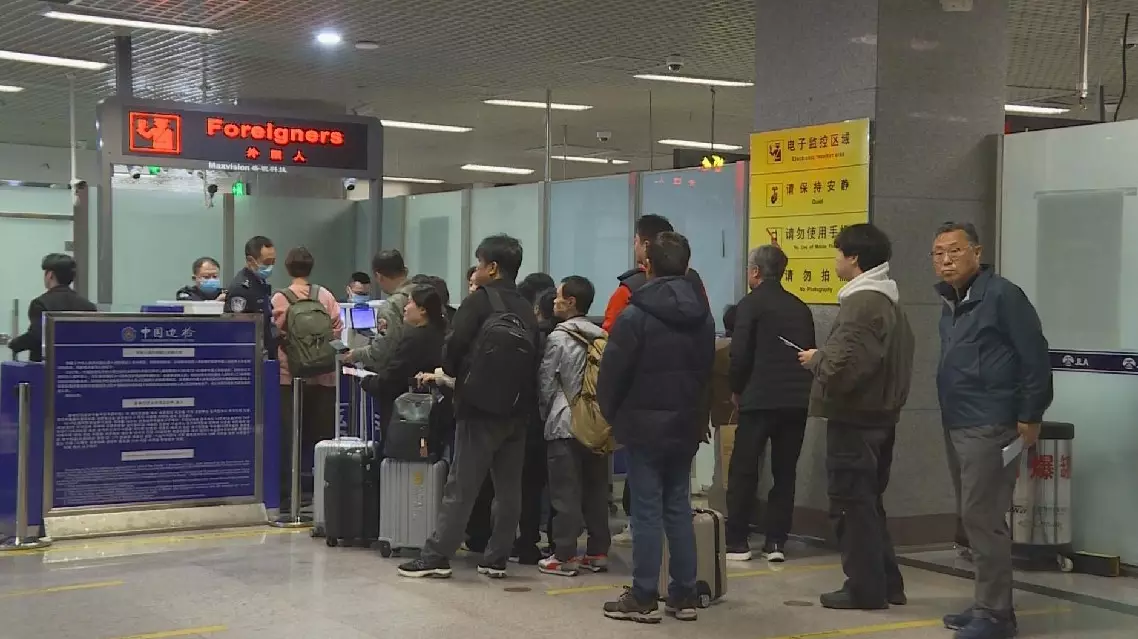
China sees surging inbound tourism figures following visa-free expansion






